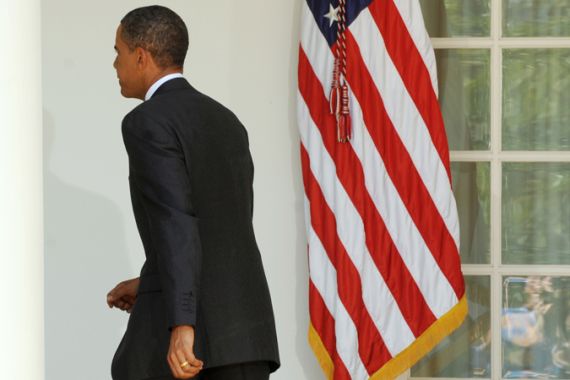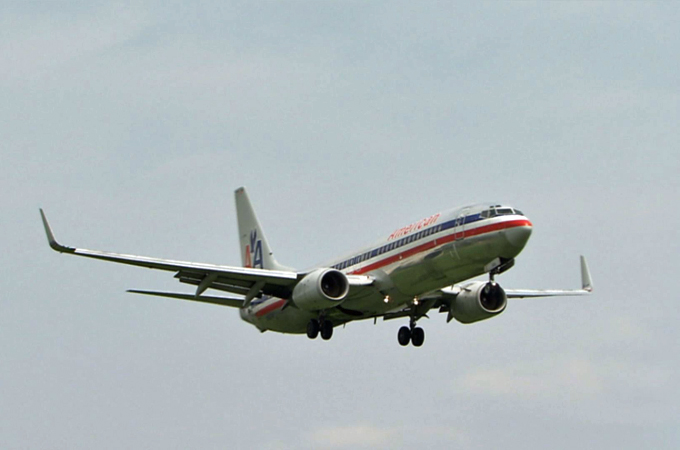Leak: US diplomats push plane sales
The US government plays an active role in marketing and selling locally made Boeing planes, new WikiLeaks cables reveal.

 |
| Leaked cables reveal US governments role in pushing the sale of Boeing jetliners [Al Jazeera] |
On a normal workday, a US diplomat might sign a document or meet a fellow statesman; make a speech, pose for few photographs, or perhaps, market his preferred brand of airplane to foreign heads of states, in violation of decades-old trade agreements.
According to diplomatic cables released by whistleblower site WikiLeaks, US diplomats have on several occasions intervened to convince foreign governments to buy aircraft from Boeing rather than its European rival Airbus.
These newest cables, obtained by the New York Times, document several incidents depicting diplomats haggling over the billion-dollar deals that are key to US economic growth.
“United States diplomats were acting like marketing agents, offering deals to heads of state and airline executives whose decisions could be influenced by price, performance and, as with all finicky customers with plenty to spend, perks,” the US newspaper said.
One such head of state, Saudi King Abdullah, responded favourably to then-president George W. Bush’s personal request in 2006; he purchased as many as 43 Boeing jets for Saudi Arabian Airlines and another 13 for the royal fleet.
The Times reported that he also turned down two new Airbus jets, opting for a slightly used Boeing 747 instead.
But the king “wanted to have all the technology that his friend, President Bush, had on Air Force One,” the cables said.
Once his own plane was outfitted with the world’s most advanced telecommunications and defense equipment, “‘God willing,’ he will make a decision that will ‘please you very much,'” the cable noted his response to Bush.
In November, state-owned Saudi Arabian Airlines said it had signed a contract for 12 new Boeing 777-300ER jets worth some $3.3bn. The US State Department confirmed to the Times that it authorised an “upgrade” to the king’s plane, but declined to provide further details on security grounds.
’21st century reality’
The Times said such practices have continued despite decades-old trade agreements between US and European leaders aimed at keeping politics out of airline deals.
US State Department officials interviewed by the newspaper defended their involvement, saying such high-value exports were crucial to President Barack Obama’s efforts to pull the country out of its economic slump.
“That is the reality of the 21st century; governments are playing a greater role in supporting their companies,” Robert Hormats, under secretary of state for economic affairs, told the Times.
Other requests made in exchange for Boeing deals included Bangladesh’s Prime Minister Sheikh Hasina wanting landing rights for its national carrier at New York’s John F. Kennedy International Airport. The president of Turkey also asked the Obama administration to let a Turkish astronaut sit in on a NASA space flight, the Times said.
These deals are not limited to Boeing either. Airbus may receive similar aid, as other US cables cited by the Times describe the Bush administration and French President Nicolas Sarkozy’s government scrambling to win a jet deal from oil-rich Bahrain in 2007.
In the end, US diplomats convinced Bahrain to buy from Boeing after linking the signing of the deal to an upcoming visit by Bush in January 2008, the first-ever by a sitting US president, the Times said.
Washington has been infuriated by WikiLeaks and launched its own criminal investigation into the disclosure of the documents.
Julian Assange, the founder of WikiLeaks, is currently on bail in Britain fighting a bid by Sweden to extradite him over allegations of sexual assault made by two women.